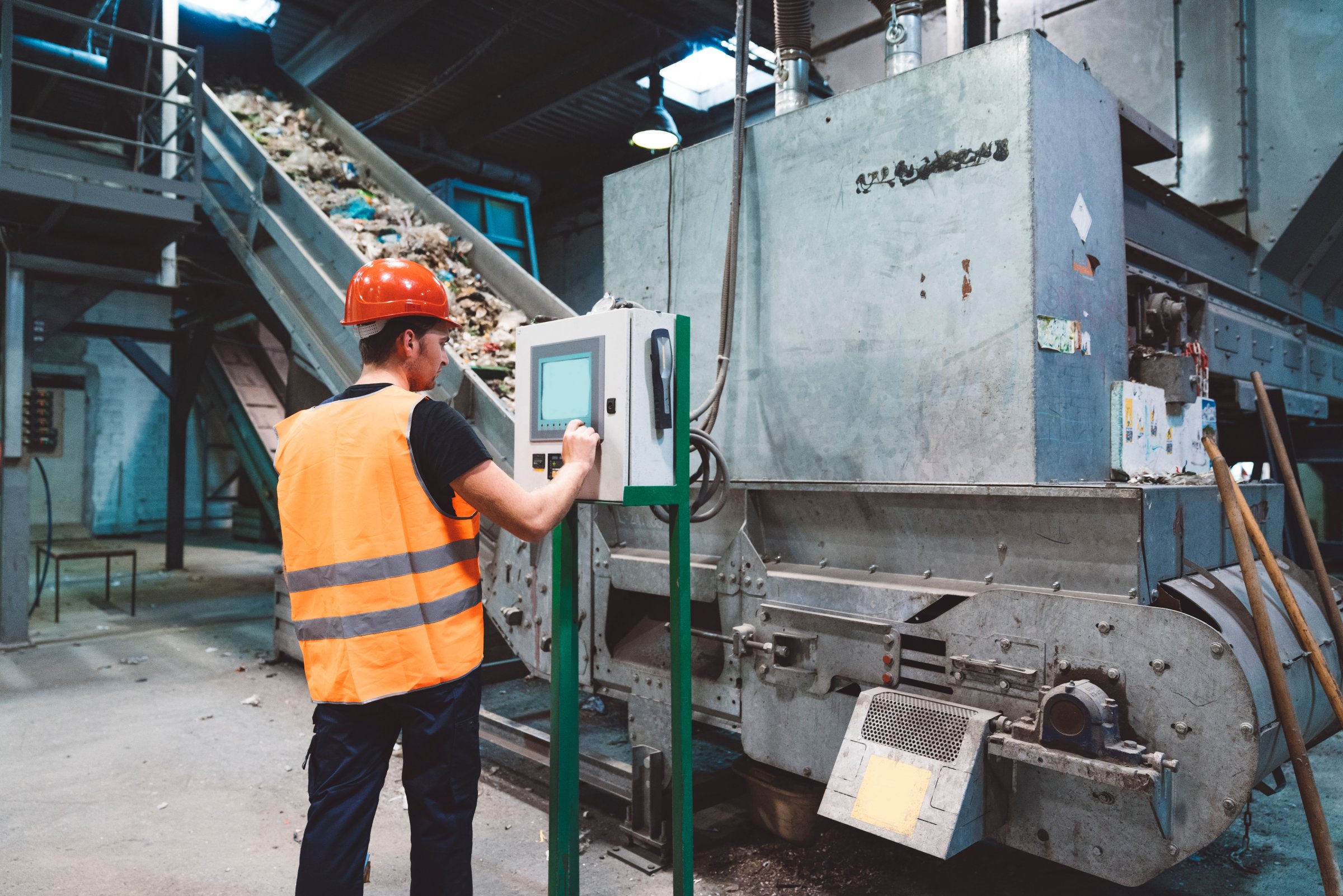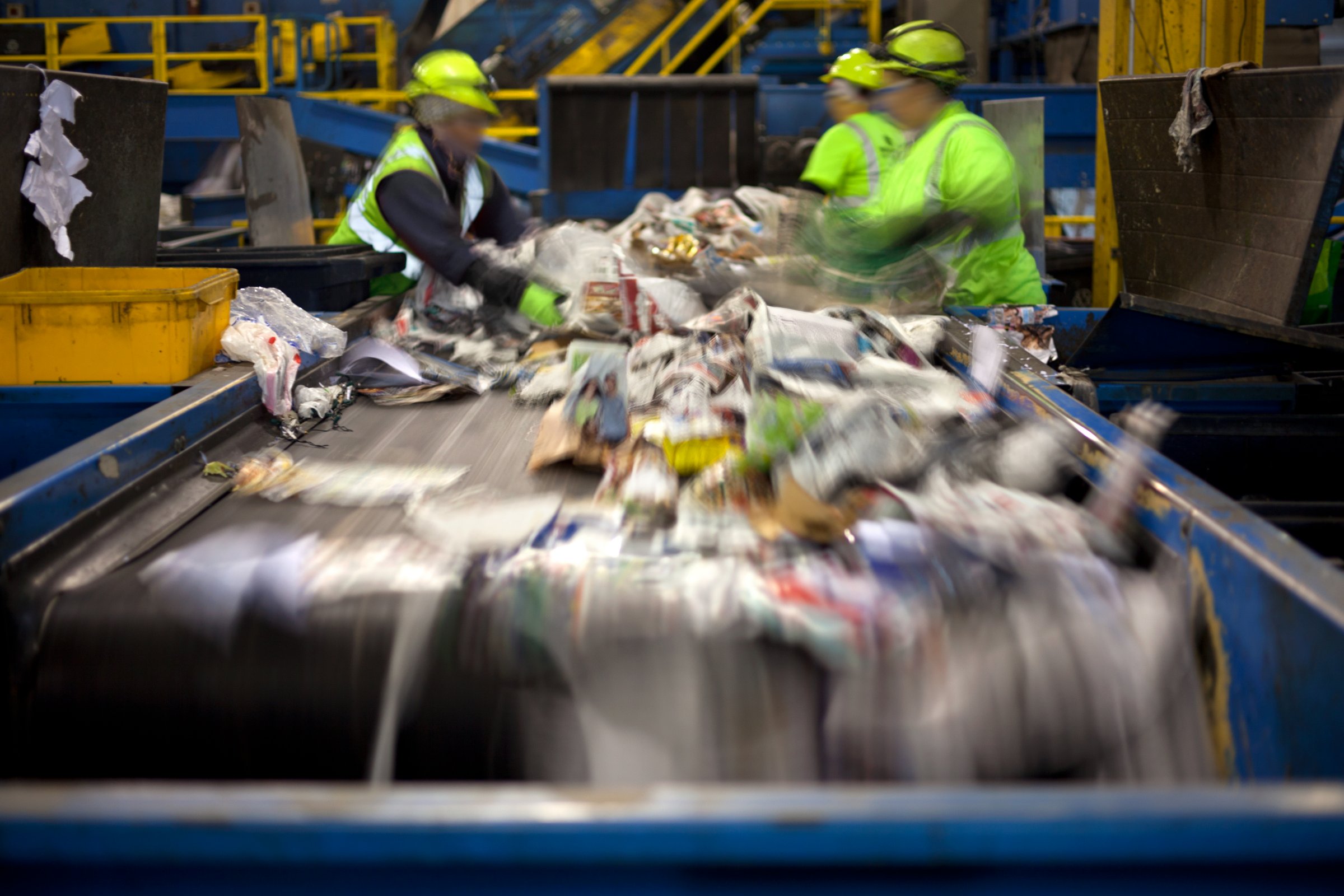• In an age where people around the world are becoming more aware of the environmental pollution and sustainability, single-use plastics are becoming increasingly less popular.
• Plastic Circularization is a solution that will switch the image of plastics from a villain to a hero.
• Plastic packaging and recycling technologies are becoming more popular as they help entrepreneurs go the greener route.
Plastics are not dying out although it is being used less and less around the world. At the same time, the popularity of recyclable plastics is on the rise because they are lightweight materials with versatile applications, and consumers’ need for hygiene also continue to drive the production and consumption of plastics. Therefore, industrialists who can take advantage of plastic circularization will be in a better position to grow strongly and sustainably.
Innova Market Insights discovered that due to the COVID-19 outbreak over the past few years, 61% of global consumers believed the increasing use of plastic packaging is necessary for health and safety although it is undesirable and contradicts with the eco-friendly approach. Furthermore, despite the plastic pollution crisis and low recycling rates, 72% of global consumers still believe that plastics have an average or higher recyclability compared to other materials. More than half of the consumers (52%) said they would be willing to pay more if the product is in recyclable packaging.


The survey confirms that plastic circularization which refers to the process of keeping the plastic material in the ecosystem and avoid disposing them into the environment for as long as possible will be a solution for entrepreneurs in the plastic industry and other related industries, which for many years have been branded as destructors of global environment.
One of the technologies that correspond to plastic circularization comes from "Unilever", a giant FMCG producer. The company has pledged to make its packaging 100% recyclable, reusable or compostable by 2025, and has launched its technology called CreaSolv Process nearly six years ago in collaboration with the Fraunhofer Institute for Process Engineering and Packaging IVV in Germany to make it possible to recycle used and dirty plastic bags. At the same time, the remaining film can be used to create other products such as plastic pallets. This technology is now being piloted in Indonesia where the company sells more than half of its products in sachets.
Another notable example is ProAmpac, a leading global packaging company from the US. It has launched a high-performance retort envelope (soft and flexible food packaging made from multiple types of film to form a strong packaging bag that can go through sterilization process) with excellent resistance to cracking and bending by using post-consumer recycled materials to reduce the use of resin to produce food containers for humans and pets.


Meanwhile, Rabobank, a multinational financial service company based in the Netherlands, has forecast that the number of advanced plastic recycling facilities will double to about 140 locations worldwide by 2025. These movements clearly demonstrate that plastic circularization is the future direction that entrepreneurs in the plastics industry who want to grow strong and sustainably should pivot to.
To stay on top of the lates updates and movements in the plastic industry like this, don't miss out future issues of ME Blog and join us at "InterPlas Thailand 2023" to explore the most comprehensive exhibition of machinery, technology, chemicals and raw materials for plastics production in ASEAN during 21-24 June 2023 at BITEC, Bangkok. For more information, please contact interplas@rxtradex.com or call +66 2686 7222.
 Pages you might like
Pages you might like








 Latest information
Latest information
 Follow official account
Follow official account
 Online support
Online support
 鄂ICP备2022017323号
鄂ICP备2022017323号
 鄂公网安备 42018502006493
鄂公网安备 42018502006493
 Launch Exhibition
Launch Exhibition
 Release information
Release information



 Today's topic
Today's topic








